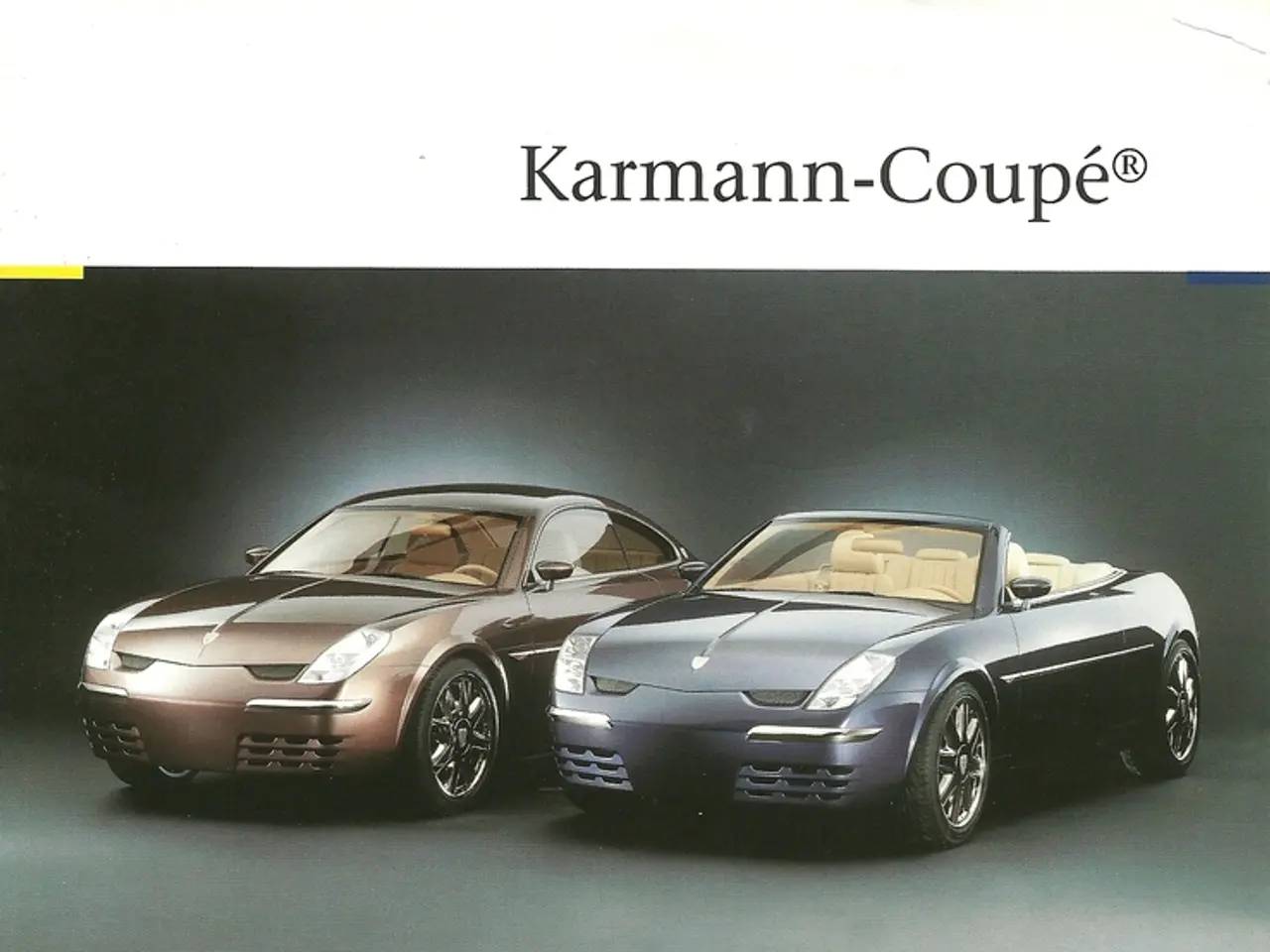Automotive sector in the East under stress, as Congress perceives potential advantages
The East German automotive industry is navigating challenging times, grappling with issues such as geopolitical tensions, volatile supply chains, and the ongoing chip shortage. These difficulties were the focus of the Automotive Cluster Ostdeutschland (ACOD) annual congress held in Leipzig, attended by 200 guests from politics, business, and science.
In a Catch-22 situation, the industry faces high costs and much bureaucracy, while simultaneously being pressured to make new technologies market-ready in the shortest possible time. Jens Katzek, an industry insider, aptly describes this predicament.
Despite these challenges, the shift towards electric vehicles (EVs) is in full swing. Porsche, BMW, and Volkswagen report growing shares of electric models, with Porsche delivering nearly 60 percent of its Macan models in the first half of 2025 as fully electric. The registration of EVs in Saxony is also picking up significantly, with 6,677 battery-powered vehicles registered from January to July, a notable increase of around 2,500 compared to the previous year.
The importance of securing this change cannot be overstated, according to Cats. Incentives like consistent subsidies for EVs and expanded charging infrastructure are still considered necessary to avoid consumer uncertainty and support the electric mobility boom. Companies like Tesla in Grünheide are advancing rapidly in EV development, but the industry stresses the need for continued government support.
Saxony's Economics Minister Dirk Panter calls the industry a "fundamental key industry" for the state, emphasizing the importance of topics like stable costs, reliable infrastructure, and people ready to embrace new paths, particularly in education and research. Thuringia, too, boasts strengths in optics, sensorics, and research institutes, making it a "guarantor of innovation" in the automotive sector.
However, there are concerns about protectionist measures like US trade policies, which pose uncertainty for the East German automotive industry. ACOD Chairwoman Petra Peterhänsel identifies geopolitical tensions, increased competition from Asia, and ongoing technological shifts as significant challenges.
Peterhänsel believes the industry is not at the beginning, but in the midst of a new era, and sees the future in cooperation and flexibility. Christian Growitsch from the Hamburg Institute advocates for closer collaboration between the automotive and defense industries, suggesting that technologies like batteries, charging infrastructure, and autonomous systems are crucial for both civilian markets and security applications.
In conclusion, the future of the East German automotive industry is being discussed in terms of cooperation, interdisciplinary networking, and new dynamism. The industry's success will depend on political frameworks and the innovative power of the companies, as they strive to set the pace in the electric vehicle revolution.
Read also:
- Peptide YY (PYY): Exploring its Role in Appetite Suppression, Intestinal Health, and Cognitive Links
- Toddler Health: Rotavirus Signs, Origins, and Potential Complications
- Digestive issues and heart discomfort: Root causes and associated health conditions
- House Infernos: Deadly Hazards Surpassing the Flames








